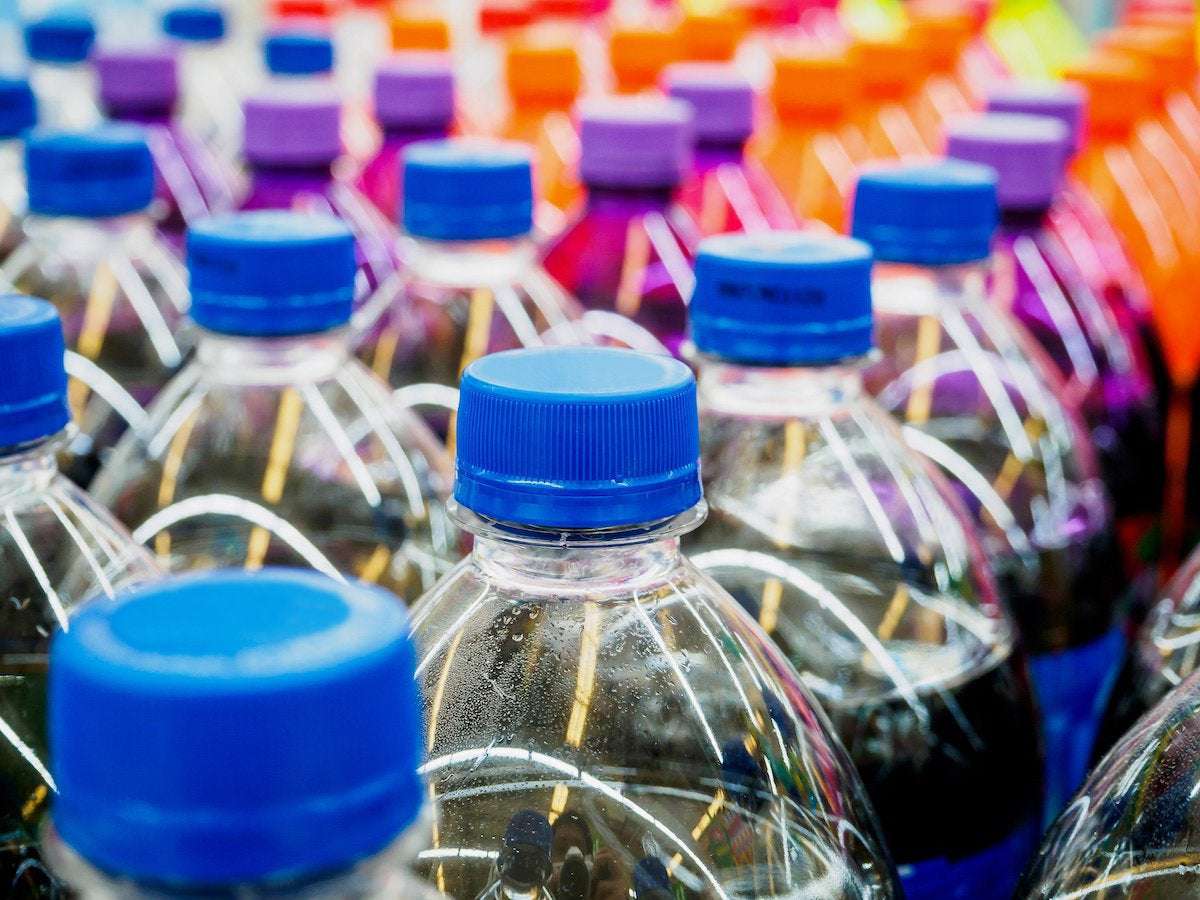Ever feel like it’s impossible to make sense of whether soda taxes actually work to reduce sugar consumption? We don’t blame you. For years, proposals to levy fees on sugary drinks have stoked impassioned debate, and generated thousands of pages of competing research over their effectiveness. Just as quickly as some jurisdictions have implemented such policies, others have responded by banning them, creating a confusing patchwork of soda legislation across the country.
For readers who aren’t in the weeds of public health, the topline findings of soda tax studies may even seem contradictory. Just take this sample of headlines, for example, all published in the past few years: “Soda taxes really do work,” reads one article in TIME. “Philly’s soda tax didn’t lead to people drinking less soda, study says’,” reads another from The Philadelphia Inquirer. And then there’s this post from NPR: “U.S. Soda Taxes Work, Studies Suggest—But Maybe Not As Well As Hoped.”
It’s enough to make you throw your hands up and think about simpler things instead. But stick with us as we parse out a new, first-of-its-kind study—one that may tell us once and for all just how much soda taxes cut back sugar consumption in a major city that adopted them. Spoiler: The reductions are big.
In a recent analysis, researchers used a large set of grocery shopping data to track food and drink sales before and after the city of Seattle implemented a sugary drinks tax in January of 2018. The data set itself—gathered by marketing insight firm Nielsen—was huge, representing 45 percent of all food store sales in the city for 2017, 2018, and 2019. To create a control group, researchers also obtained the same data for the nearby city of Portland, Oregon, which doesn’t have a sugary drinks tax in place.
To account for different sugar levels in various beverages, a team led by Lisa Powell, health policy professor at the University of Illinois at Chicago, coded each type of drink by its exact sugar content. In doing so, they found that the total amount of sugar sold through taxed drinks dropped by 23 percent in Seattle compared to sales of the same products in Portland, one year after the implementation of the soda tax. That decline held for the following year as well, suggesting that the dip was not just a fluke.

DevilishlyDetermined on January 12nd, 2022 at 23:44 UTC »
I’m not sure if this was touched on by another commenter:
I recently moved from Seattle. While I lived there I gave up casual drinking for personal reasons. I replaced that urge to immediately grab a beer after work with mini coke instead (full acknowledge it’s not healthy).
The tax is staggering so I would load up in nearby cities, where there is no tax. It seems like this common Seattle grocery shopping strategy is being overlooked…
RCrumbDeviant on January 12nd, 2022 at 19:58 UTC »
For those who don’t know, this tax is very, very high @ 1.75c/oz. Doesn’t seem high?
20 oz = +$0.35 more per bottle, bringing most well over $2 per
2 liter = +$1.18 per bottle
12 pack = +$2.52 per pack
Want your taxes in %s? Sure, lemme whip those up
QFC (a common grocery store in Seattle) lists their 20oz bottles of coke @$1.99, making the sugar tax 17.5%
Amazon Fresh has a 2 liter of coke @ $1.99 while QFC has them at $2.19. The cheaper price has the higher effective tax rate at 59%, while spending more brings the rate down to 53.8%.
Want a 12 pack from QFC? That’ll be $6.50, with a sugar tax rate = 38.7%
This actually becomes worse when you get “deals” from stores, like 3 12 packs for $12 (which was a recent sale at the QFC near me in Seattle. At $4/12 pack you have a 63% tax rate.
I have nothing against the tax other than I feel like retailers should be required to put it on their labels - I think that would have an even bigger deterrent on consumption.
I’ll also say it’s not well enforced. Bigger stores comply, lots of smaller places skip it, from what I’ve seen.
akulowaty on January 12nd, 2022 at 19:20 UTC »
Similar thing happened in Poland. Government introduced sugar fee (totally not a tax;) that was added to all soda prices (no matter if they were sweetened by sugar or artificial sweets). The official goal was to reduce sugar consumption but considering how this particular government is hemmorrhaging money on overblown social programs nobody believed that this was their actual intention. They expected 3B PLN of profit (I know 3B is basically scraps in terms of country’s finance but they need every grosz with their excessive vote buying) but after first year they barely got 2B. Part of it is people switching to cheaper brands (like store brand instead of coca-cola or pepsi) but plenty of people actually ditched sodas because they became absurdly expensive.